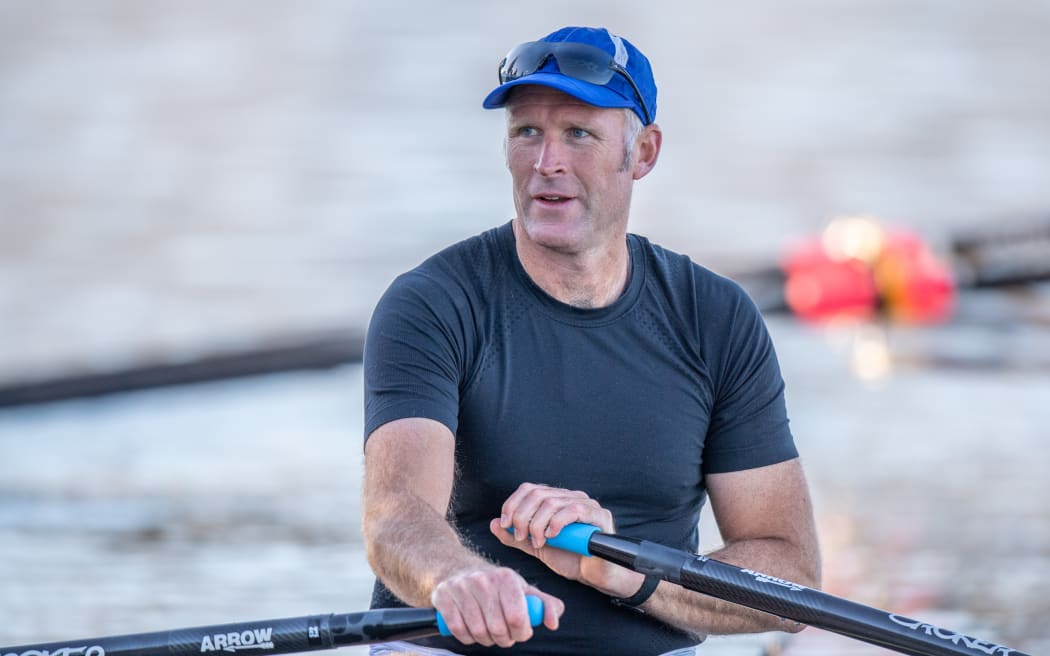Mahe Drysdale puts his case against High Performance Sport NZ before Employment Relations Authority
By Ethan Griffiths, reporter for Open Justice 

Photo: photo sport
New Zealand champion rower Mahé Drysdale says the agency responsible for high-performance sport in New Zealand is more about “guiding and dictating” rather than listening to athletes’ concerns.
The two-time Olympic gold medalist appeared before the Industrial Relations Board in Wellington today as a landmark case began between some of Aotearoa’s elite rowers and cyclists and government body High Performance Sport NZ (HPSNZ).
The Athletes’ Cooperative, a newly formed union of 60 elite rowers and cyclists chaired by Drysdale, is attempting to start collective bargaining with HPSNZ to negotiate an employment contract.
Currently athletes are signed to their respective national sports organizations, not HPSNZ. However, the organization has significant influence over funding and resources at the elite level.
Drysdale believes that it doesn’t really care about athletes as deeply as it should, and that athlete welfare and financial concerns often fall on deaf ears.
Drysdale, testifying before Authority member Rowan Anderson, said the relationship needed “more teeth”.
“At the moment it’s a lot of direction and dictation. If feedback is given, there is no obligation for it [HPSNZ] listen to it
“Our concerns relate to not being consulted and concerns about accessing and withdrawing funds from HPSNZ.”
Drysdale said it could be an employment relationship since the athletes’ funding comes from the agency.
HPSNZ, on the other hand, says union members cannot participate in collective bargaining as they have no employment relationship with the organisation.
“It’s about whether High Performance Sport can be forced to deal with a group of people who don’t care,” said agency attorney Kylie Dunn.
She later questioned what legal precedent a declaration would set and suggested that any union could file a lawsuit against HPSNZ.
“We strongly believe that the sovereignty of national sports organizations is very important,” said Steve Tew, Director of High Performance at HPSNZ, noting the existing contractual relationships between athletes and their relevant sports federations.
He added that HPSNZ would like to meet the union to discuss their concerns but insisted there was no employment relationship. “We have no legal relationship with the athletes.”
Drysdale retired in 2021 but said he remained involved as some of the athletes were concerned about speaking out.
“Right now I have nothing to lose. I’m out of the sport.”
Anderson advised the parties that a determination must be made within three months of the hearing. He reserves his decision.
* This story originally appeared in the New Zealand Herald.